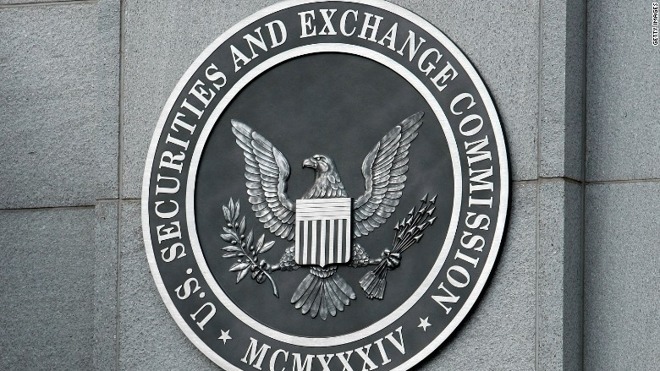Apple continues to leverage bond sales and low interest rates to fund both its stock buyback program and green initiatives, with an upcoming $7 billion sale to hit U.S. debt capital markets.
Detailed in a filing with the Securities and Exchange Commission on Nov. 6, Apple's latest bond sale is comprised of six note offerings set to mature in 2019, 2020 and 2023, 2025, 2027, and 2047.
The first note matures on Nov. 13, 2019 and is a $1 billion note at 1.5 percent. The second note is also for $1 billion but at 1.625 percent and matures on Nov. 13, 2020.
The third note matures on Jan. 13, 2023, and is for $750 million at 2 percent. The fourth offering is for $1.5 billion at 2.25 percent and matures on Jan. 13 2025.
Note five matures on Nov. 13, 2027, and is a $1.5 billion offering at 2.25 percent. The final note from this offering is due in 30 years, is worth $1.25 billion, and has a rate of 3 percent.
As it has in the past, Apple has turned to Goldman Sachs, J.P. Morgan, Merrill Lynch, Deutsche Bank, and Morgan Stanley for management.
Apple's last bond sale was worth $5 billion, and was declared in September. The company is thought to be about 75 percent of the way through its capital return program.
The company has turned to bond sales around the world to fuel assorted programs, including Australia, Japan and Canada.
 Mike Wuerthele
Mike Wuerthele








 Andrew O'Hara
Andrew O'Hara
 Malcolm Owen
Malcolm Owen
 Sponsored Content
Sponsored Content
 Charles Martin
Charles Martin



 William Gallagher
William Gallagher








31 Comments
I wish they would stop buying stock back. The shares are already high. I’d rather they somehow figure out a way to increase dividends to the market average of those that do offer them. As the shares rise, the dividend percentage decreases.
the idea of ever increasing debt, already over $100 billion, for just this purpose, really bothers me.
Not to trash Apple -- but I am very suspicious of any company that borrows money in order to pay dividends or other types of payments to stock holders... Most financial advisors agree it is, generally speaking, a highly suspicious strategy often used to artificially boost a stock price.
Generally, Dividends should be paid from earnings -- not borrowings.
That being said: Not knowing Apple's overall investment strategy -- and knowing that they don't tend to do stupid things, I am inclined to give them the benefit of the doubt.